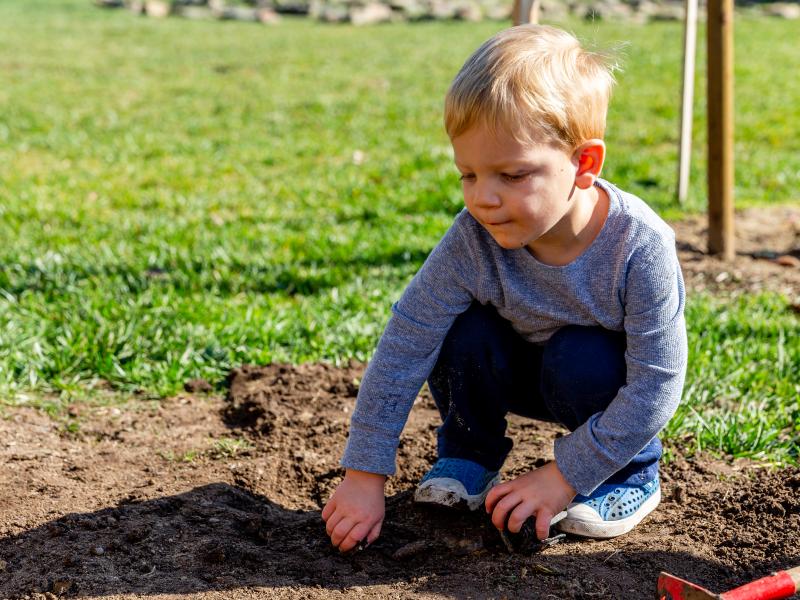Teach Kids How to Think, Not What to Think
How can parents be more effective, get our kids to listen and respectfully connect?
According to Jane Nelsen, Ed.D., it’s all about ‘Positive Discipline.’ Based on the work of psychiatrists Drs. Alfred Adler and Rudolf Dreikurs, communicating with children are based on talking and encouraging them; making them a respected part of the household, and following these steps to building family bonds:
- Enforcing your message of love
- Building on your children’s strengths
- Holding children accountable, and
- Communicating firmly and kindly
Below are ways we can better discipline our children and teach kids how to think.
Improving Parenting Tools
How can we parents improve our skills? Primarily,
- Validating kids’ feelings
- Brainstorming for solutions
- Encouraging them
- Letting them help out around the house, and
- Having weekly family meetings are ways we can connect--without punishment.
One outgrowth of Positive Discipline is teaching young people to become responsible via social and life skills exercises. The key: understanding that discipline must be taught and that discipline teaches.
The Montessori Difference
Dr. Nelson’s approach aligns with the Montessori Method which teaches that it’s okay
- Making mistakes while finding ways to solve a problem
- Using self-motivation based on an ‘I’ll figure it out myself’ mentality, and
- Building empathy and listening skills ultimately become leadership attributes.
In twenty years, many of today’s industries will be in decline. Gasoline-powered cars, coal, and manufacturing jobs will suffer at the hands of solar and lithium-ion battery power, self-driving cars, artificial intelligence, and robotics.
However, the conceptual approaches needed to succeed in tomorrow’s jobs will still be the same—those employees who have the soft skills necessary to complement science, tech, engineering, and math technologies.
The Montessori Method imparts meaning by laying foundations via concrete concepts for the mind to explore. We teach children concepts first—then, we teach the examples. This approach—teaching strategies rather than tactics—and doing it via individualized learning are core differences between Montessori and the free public K-6 school down the street.
How You Can Raise a Child of the Future Today
We want our students to learn positive traits—molding kids early to overcome concerns while being focused on self-worth, self-motivation, critical thinking, leadership, and independence. Positive Discipline acts as a guidepost on how to do that. Together, parents and teachers can guide young students to achieve their best by using the skills they’ve been taught at home and school.


